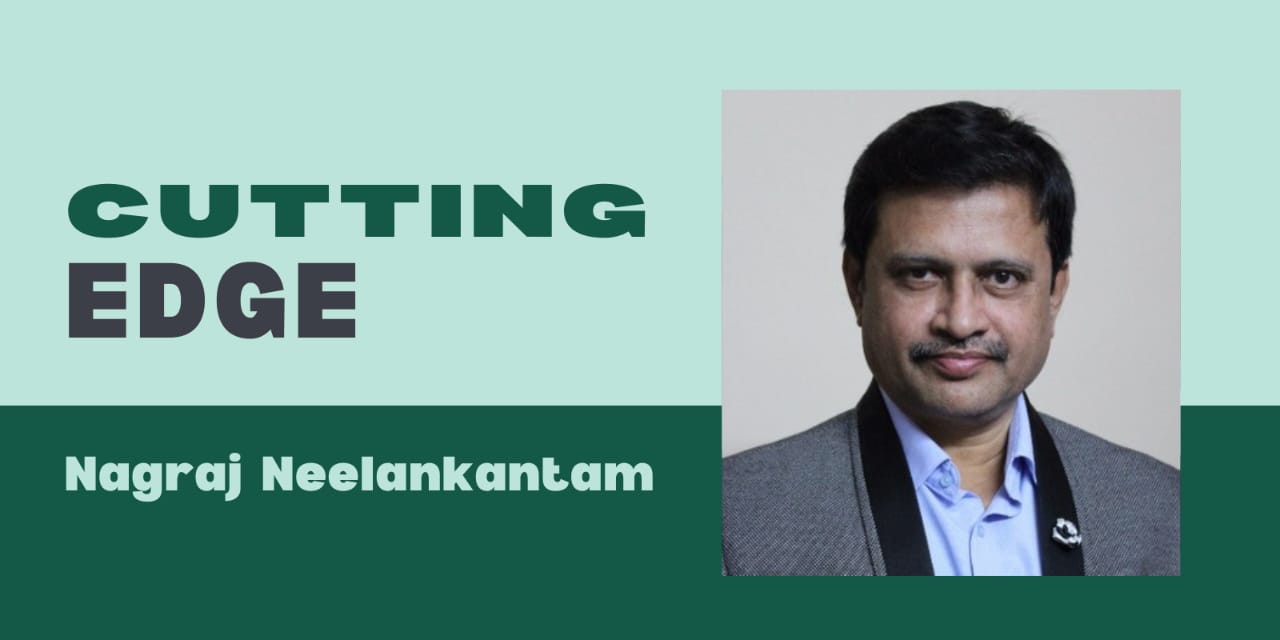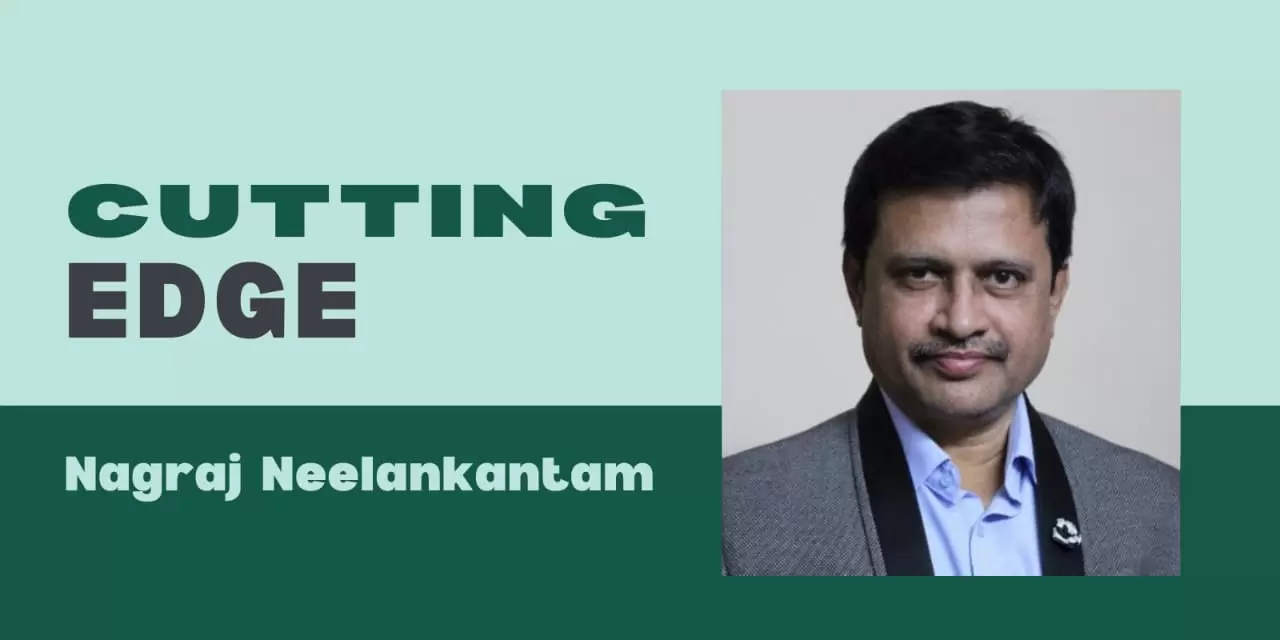Like a river reclaiming its course after a long drought, Pakistan once again finds itself on the verge of political transformation—this time marked by the unexpected resurgence of Imran Khan. His return is more than a political event; it is a reckoning between a nation and its destiny, where the echoes of imprisonment, military intrigue, and global scrutiny define not just headlines but the very pulse of its people. This is a tale of power, ambition, and survival—of a state wrestling with the contradictions of its own making.
The announcement of Khan’s comeback has stirred both hope and unease. Set against an economy in free fall, spiralling debt, and deepening internal unrest, Pakistan faces a test of legitimacy and leadership. Khan—charismatic yet confrontational, adored by the public yet despised by the establishment—has emerged once again as the people’s choice. But his ascent runs counter to the entrenched military order that has long dictated Pakistan’s political destiny. From Balochistan to Sindh, unrest simmers. Internationally too, Pakistan walks a diplomatic tightrope amid shifting alliances and wary global eyes.
At the heart of this power maze stands Army Chief General Asim Munir, a man both omnipotent and embattled. His iron grip on the levers of authority is matched only by the growing perception of overreach. Reports suggest that Munir’s attempts to stifle Khan’s return have backfired, casting him as both the guardian of order and its greatest threat. Allegations of engineered crises and external manipulation—echoing even in the halls of the US Congress—paint a grim picture of a state at war with itself. The spectre of sanctions, the shadow of another military intervention, and the manoeuvres of regional players add to the atmosphere of tension and mistrust.
Political observers, including those cited in The Indian Express, argue that Munir’s containment strategy may not withstand the groundswell of support for Khan. The judiciary, acutely aware of shifting tides, has adopted a cautious yet constitutionally assertive posture. Meanwhile, the tangled web of civil authority, military dominance, and foreign interest—especially Pakistan’s historic oscillation between Washington and Beijing—complicates the path to credible elections and stable governance.

Former Army Chief Qamar Javed Bajwa remains a spectral presence in this evolving script. His legacy, already fraught, is now being renegotiated in real time. Rumours of Bajwa’s possible elevation to the presidency only deepen public unease about the militarisation of democracy and the endless cycle of generals turning statesmen. The fight to control Pakistan’s political narrative is as ferocious as the contest for power itself, and the nation’s stability teeters on that fragile edge.
Imran Khan’s enduring rapport with international figures—most notably Donald Trump and key American interlocutors—adds yet another layer to the unfolding drama. But even global sympathy cannot offset Pakistan’s economic distress. The nation’s revival demands solutions rooted not in personality cults or populist rhetoric, but in collective leadership and institutional reform.
Amid this turbulence, the Pakistani people have emerged as the most steadfast force of all. Their insistence on fair elections and accountable governance challenges both military and foreign interference. Beneath the fatigue lies a renewed civic awakening—a collective demand for a Pakistan where legitimacy flows from ballots, not barracks. The popular groundswell for Khan reflects not just his charisma, but a deeper yearning for political agency long denied.
As Pakistan moves through yet another inflection point, its challenge is to heal past wounds while reconciling military might with democratic aspiration. The labyrinth remains treacherous, but the resolve of its people—and the lessons of its history—offer a glimmer of redemption. In tracing Khan’s resilience, Munir’s resistance, and Bajwa’s enduring shadow, one sees a nation struggling not merely to survive, but to redefine itself—once more, rising from the ashes of its own turbulence.





